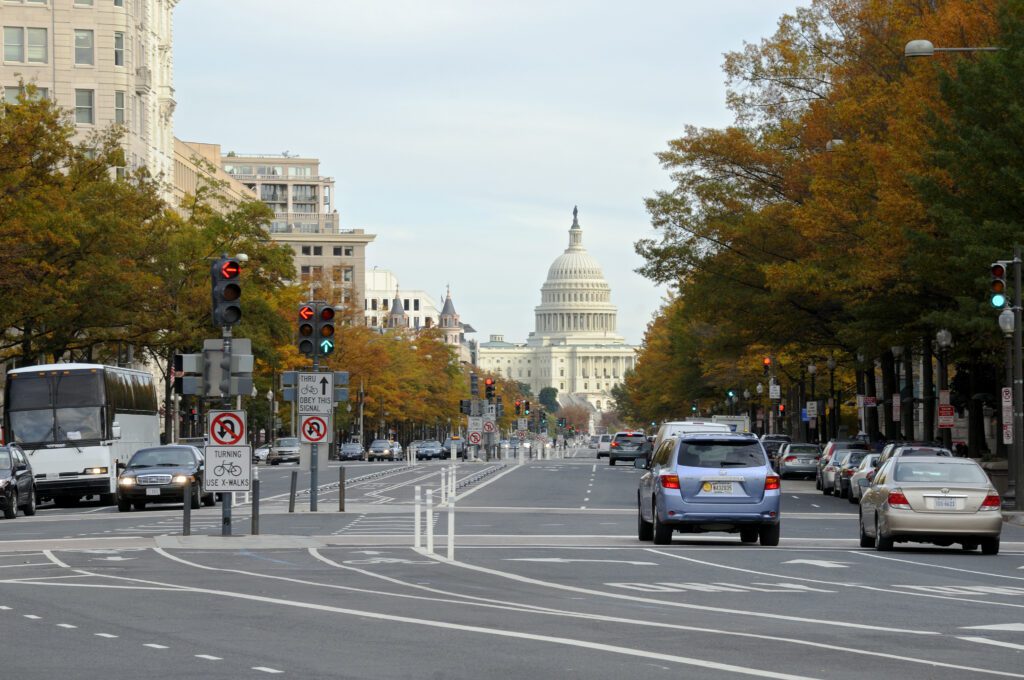Marijuana policy is now a winning issue across the political spectrum, but campaign tactics for messaging around it still require nuance.
That’s because despite its popularity, voters don’t mention it as a top-10 issue, Andrew Freedman, executive director of the Coalition for Cannabis Policy, Education, and Regulation (CPEAR), recently told C&E.
“Our polling is bearing it out: this has hit all the tipping points — even the 65-plus tipping points,” said Freedman. “It is as popular as anything getting polled today is popular.”
That popularity extends even to Republicans, which has changed the dynamics of Republican primaries and candidates’ general election strategies, according to Freedman, whose non-profit group advocates for cannabis legalization.
“One of the things we’ve seen on the Republican side is that this is clearly no longer the losing issue or any sort of third rail,” he said. “You’re starting to see when Republicans decide to embrace the issue, they’re not negatively affected by it in the midterms even when people try to make hay of that.”
He added: “It’s playing positively along every kind of demographic that we’re looking at.”
Still, communication to voters on the issue requires a nuanced approach. Specifically, Freedman suggested using a mix of earned media and paid advertising in local outlets (“rags”).”Where we’ve seen it be successful is much more in the local media,” he said, “where there is just the small business interests, the local community interests, the surprising people who support it — community leaders who are willing to be the first to come out for it.”
Paid ads in local publications should focus on conservative messaging around the issue: “What this means to local law enforcement, what this means to veterans, what this means to patient access — those are messages that I think locally matter more to [conservative voters].”
Federally, he said, go with a states’ rights approach. Though, Freedman cautioned, “in some ways, it doesn’t need a shout-it-from-the-rooftops” approach.

